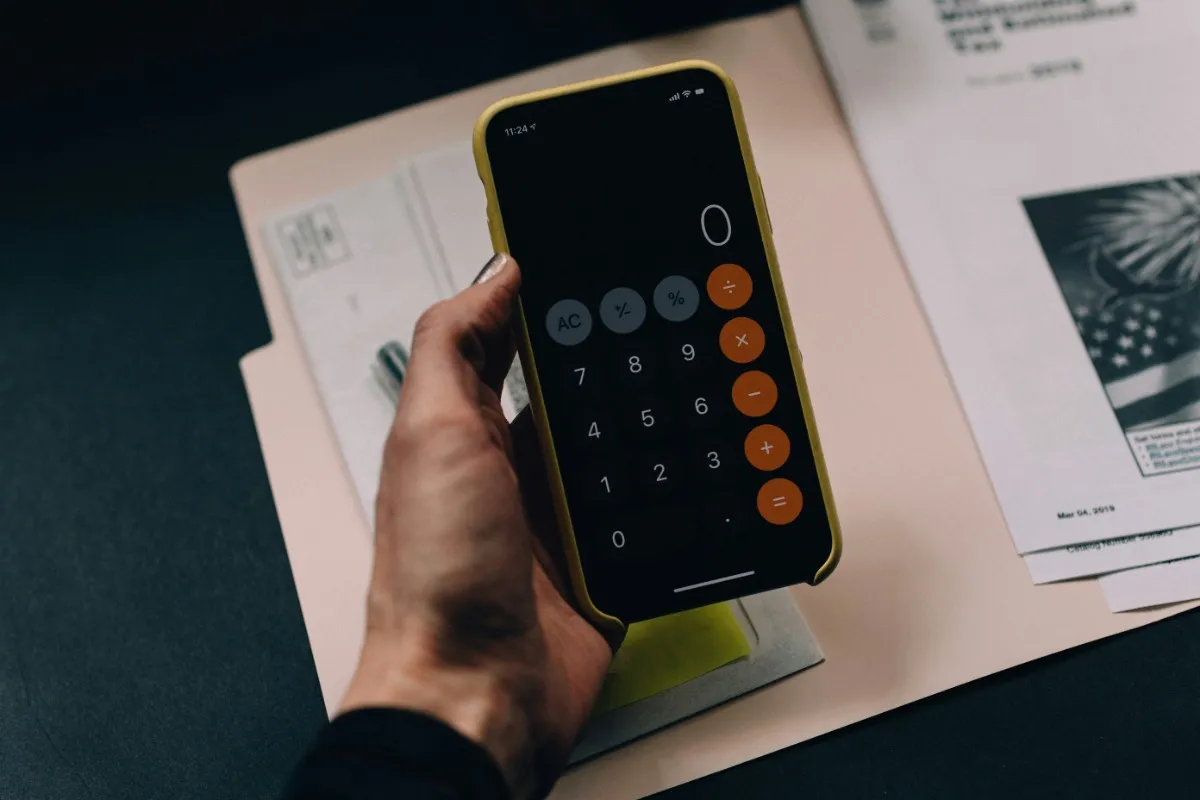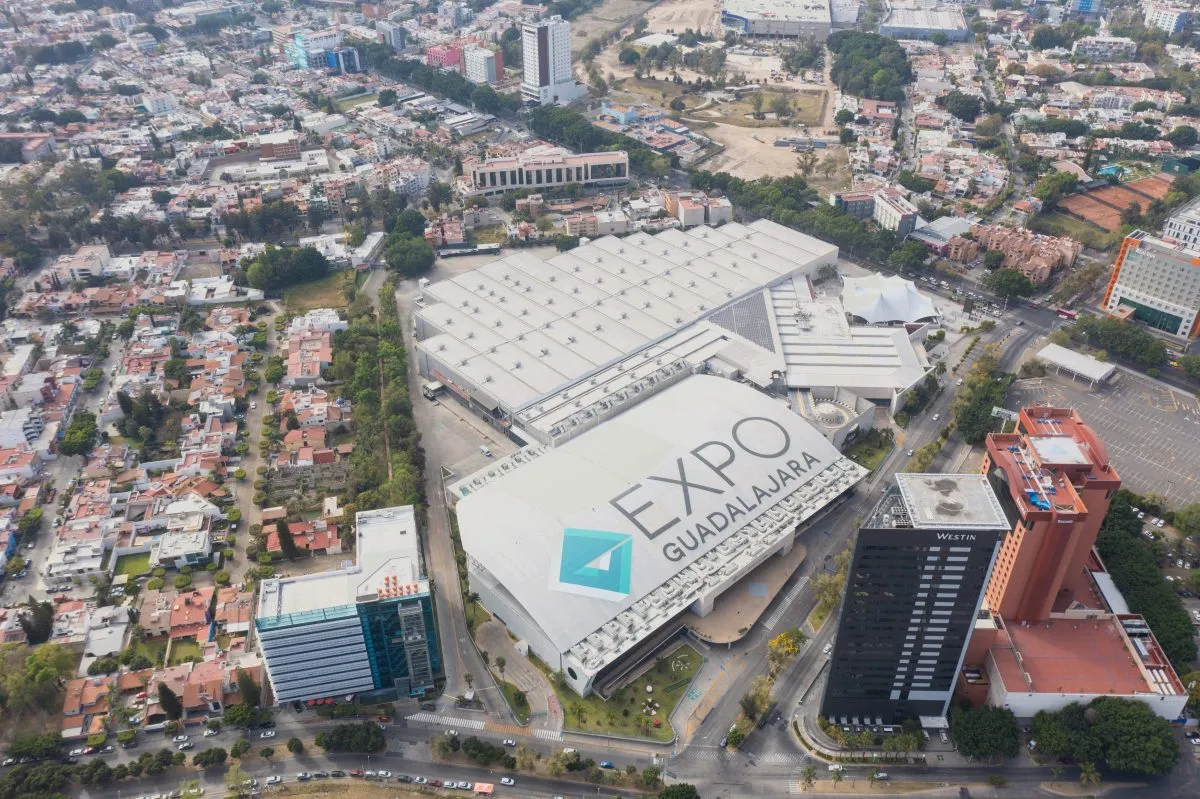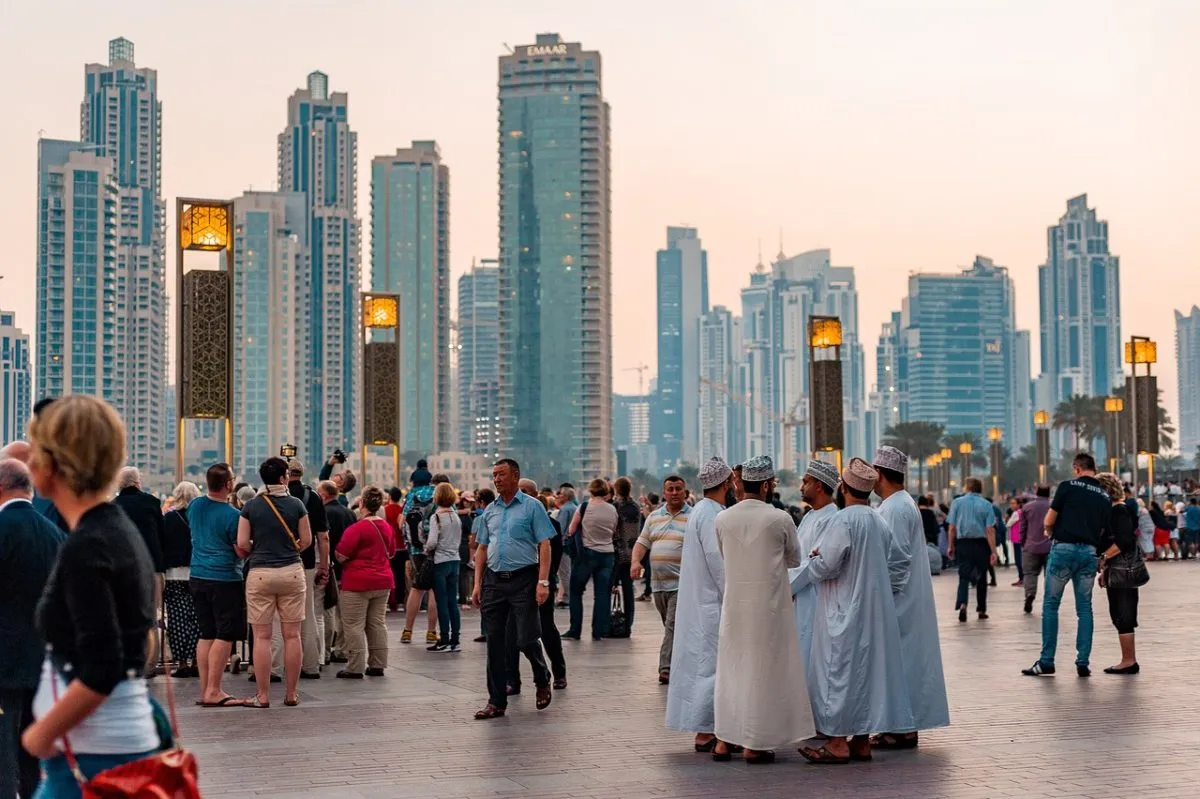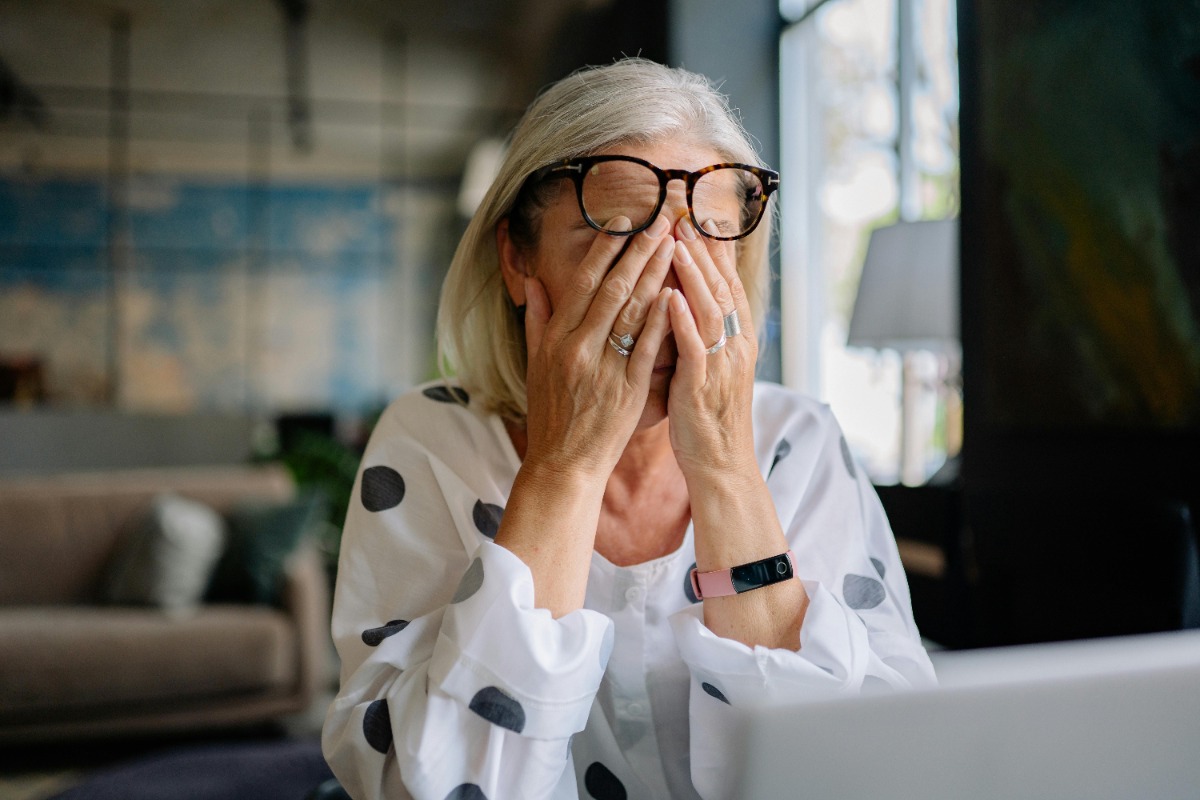Is It Time to Reconsider Serving Alcohol at Events?
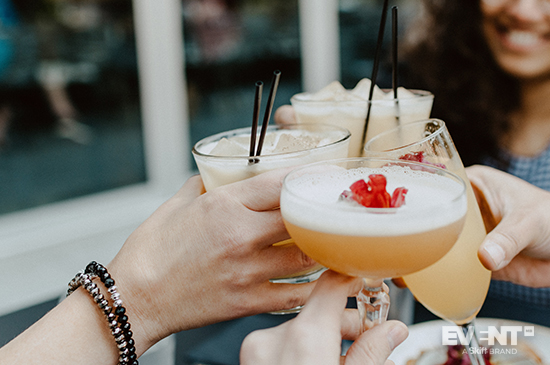
Skift Take
Somewhat ironically, the biggest reason to include alcohol is also the biggest reason to exclude it: It reduces people’s inhibitions.
Alcohol’s biggest selling point is its use as a social lubricant, allowing people to let loose and relax around new acquaintances—but from a safety standpoint, this is hardly an ideal time to be encouraging attendees to put their guard down.
Early hybrid events suggest that it is often difficult for attendees to maintain the recommended distance from one another, even when they are sober.
At the same time, for planners who are already struggling to create engaging experiences under social distancing restrictions, the removal of casual drinking might seem like yet another jab at the marketability of their events as attractive networking opportunities.
Adding to the dilemma is the question of inclusiveness. Is foregoing alcohol more inclusive for those who abstain on religious or personal grounds, or is it less inclusive because it limits people’s options?
In this post, we consider each of these arguments in greater detail to give planners a better handle on the pros and cons.
5 Factors to Consider Before Serving Alcohol at Hybrid Events
While many safety measures like social distancing have become widely accepted by most in the event industry, the question of alcohol consumption is proving to be much more divisive. A recent LinkedIn post by Julius Solaris, EventMB’s Editor in Chief, ignited an active debate around the subject of alcohol at events, with strong opinions both for and against it.
Alcohol Increases Transmission Risk at Events
From a safety standpoint, the objections to hosting an open bar are obvious.
Alcohol consumption simultaneously counteracts the two fundamental tools for reducing transmission: the wearing of masks and the enforcement of social distancing.
Even those who normally abide by the rules might forget to keep their distance after a few drinks. Consciously or unconsciously, alcohol tends to fuel risk-taking behavior, and the recent enforcement of night-time curfews across many European countries is partly an acknowledgement of the relationship between late-night drinking and laissez-faire attitudes towards close-contact gatherings. In Berlin, for example, an 11 pm curfew at bars and restaurants has been paired with a ban on outdoor drinking.
Alcohol Entails Liability in a Professional Setting
Just as the WHO has issued a warning about the dangers of alcohol in the current climate, demand among consumers appears to be rising, and some online publications that represent the alcohol industry have even been encouraging virtual happy hours and drinking games as a means of social bonding during periods of isolation.
Some event planners have similarly been promoting alcohol in event kits that are sent out to remote participants ahead of time. And as some have pointed out, virtual attendees are free to consume whatever beverages they have on hand at home, regardless of what the event organizer supplies.
Nevertheless, an event planner who actively provides alcohol to attendees is assuming a level of liability that does not apply with remote participants who act of their own accord. To supply alcohol is to condone its consumption—and to accept the risks that come with it in a group setting during a pandemic.
Choice Is Not the Same as Inclusivity
Liability is one aspect of alcohol service that might make some planners relieved at the reduced pressure to provide it, but it speaks to a deeper issue. The reason alcohol and liability are connected is because it is inherently dangerous.
A theme around choice emerged in the comment feed for the LinkedIn post above — the argument being that planners should facilitate all the safe experiences that people want to have, and those who don’t want to partake can simply opt out of it or extricate themselves from the event (the ‘if you don’t like it, leave’ argument). Providing people with the choice, they contend, is the most inclusive thing you can do.
While alcohol might help some to feel more included by easing their social anxiety, it could make others feel excluded.
Those who have overcome addictions might find an open bar setting especially difficult, and others might choose to refrain for religious or other personal reasons.
Skift CEO Rafat Ali underscored this challenge in his comment on the LinkedIn post:
“As an event owner and organizer who doesn’t drink due to religious and cultural reasons, this was always a huge personal challenge for me, particularly at our own events, where people told me they wouldn’t attend if no alcohol was served.”
- Rafat Ali, Founder and CEO, Skift Inc.
The first problem with conflating the provision of options with the accommodation of everyone is that the ability to choose, for many, is an illusion. Those who legitimately cannot partake nevertheless feel a professional pressure to attend.
Options in a perfectly inclusive space ought to be limited by the exclusionary impact they might have on others. Truly inclusive networking events don’t ignore the effect of social pressure.
Being sober in a room full of drunk people is no fun, and people who are drinking often subtly pressure others to drink as well. “I’m going to the bar, do you want anything?” “Can I top you up?” “Have you tried the signature cocktail? It’s delicious!”
Not drinking often entails finding yourself in the awkward position of having to constantly refuse well-meaning offers of alcohol—a practice which itself can alienate you from the networking you came there to do.
Alcohol Undermines Effective Professional Networking
This betrays the next problem with the ‘inclusivity via choice’ argument: It assumes that if some people drink alcohol, it won’t affect the objective of the overall networking event. Networking in a professional context, for people who are not interested in partying, is about forming useful, productive, professional relationships.
We sat down with Kathryn Frankson, Director of Marketing at Informa, whose original post inspired Julius Solaris’ LinkedIn post.
“These are business events, and this is how we should measure success; open bar networking doesn’t consider people who are trying to connect in other professional ways,” said Frankson. “We as event planners need to step back and say, ‘What is the goal here?’ That goal is to build meaningful connections and community.”
Introducing alcohol is not only a failure to be inclusive in the sense that it alienates those who cannot drink, but also those who choose not to because they want to stay focused on professional opportunities — a sentiment echoed in a comment from Social Tables founder Dan Berger:
"Happy hours (aka networking receptions) are a lazy tool for #eventprofs who don’t want to actually create meaningful networking experiences. Alcohol causes unprofessional behavior and takes away from the purpose of attending a professional event in the first place."
- Dan Berger, Entrepreneur, Investor, and Founder of Social Tables
When alcohol is introduced at an event, it changes the nature of what people are there to do, and undermines the value for that segment of the audience who is keen to maximize the ROI of an event that was likely a business expense for them to host or attend. For Frankson, it's a question of designing each step of the event journey with purpose. She went on to set a higher bar for the industry:
“We need to challenge ourselves to push beyond the typical cocktail hour icebreaker — to be creative and to come up with more strategic ways to accomplish professional business objectives. Networking, matchmaking, mentorship programs, curated sponsorship experiences — these are highly successful. They do take more work, but it’s the work we should be doing.”
- Kathryn Frankson, Director of Marketing, Informa
Hybrid Events Are Recorded
As more events turn to hybrid formats, late-night soirees may also risk losing the interest of virtual participants.
On the other hand, with many event planners now sending out ‘cocktail kits’ to the virtual audience ahead of time, some might argue that a shared experience of alcohol could help to bridge the gap between remote participants and in-person attendees. It bears mentioning, however, that the hybrid nature of these events means that everyone is effectively on camera.
Since the pandemic has pushed more and more meetings to virtual platforms, the internet has been abuzz with stories (and recordings) of people unwittingly live streaming embarrassing moments. Some have even lost their jobs. Such extreme cases are not exactly common, and are perhaps less likely to apply in an event setting, but most people would not be keen on the idea of their alcohol-influenced conversations being recorded or broadcast over the internet.
There Is a Better Approach
As the LinkedIn post demonstrated, many planners agree that there is no need to structure networking events around the consumption of alcohol. Moreover, hybrid events being held while there is still need for Covid restrictions are going to face a particular challenge in convincing people to attend in the face of risk. While some might be tempted after months of isolation to leave the kids at home and find a place to let loose, many more who have to justify the travel and other costs in a depressed economy are going to have to do better than that.
Creating a sense of community around events will increasingly fall on the shoulders of event planners. But when the community around a business event shifts from a professional nature to a social nature, what happens to the professional value the event offers that attendees can’t get less expensively and with lower risk within their own immediate social circles?
Frankson emphasizes that expanding and enhancing professional networking will pay dividends when it's actually time to substantiate the value of an event to stakeholders:
“My position is not that we need to get rid of every drop of alcohol, but that we as event planners have to challenge ourselves to put in the work to create more interesting, more productive networking opportunities. This extra work will be justified and rewarded when you look at the actual professional efficacy and the overall ROI for the event.”
- Kathryn Frankson, Director of Marketing, Informa
But even those in favor of serving alcohol tend to acknowledge that overconsumption should be discouraged. Drinks can be served without being the central attraction. One strategy would be to offer a variety of equally high-quality alcohol-free beverage options, so that wine and cocktails aren’t treated as the default choices. Another tactic would simply be to make alcoholic beverages available for a short duration only, or only with a meal, in this way limiting the potential for a noticeable behavioral rift between those who are drinking and those who are not.
IN CONCLUSION
Alcohol has been a mainstay of live events for so long that it is hard to imagine it disappearing entirely. After the pandemic has waned, alcohol will likely return to events in some capacity, but this period of relative abstinence provides an important opportunity for reflection. Is it time to move the emphasis away from happy hours? Moreover, as long as Covid-19 remains a threat, incorporating alcohol into live events may not be worth the risk.
